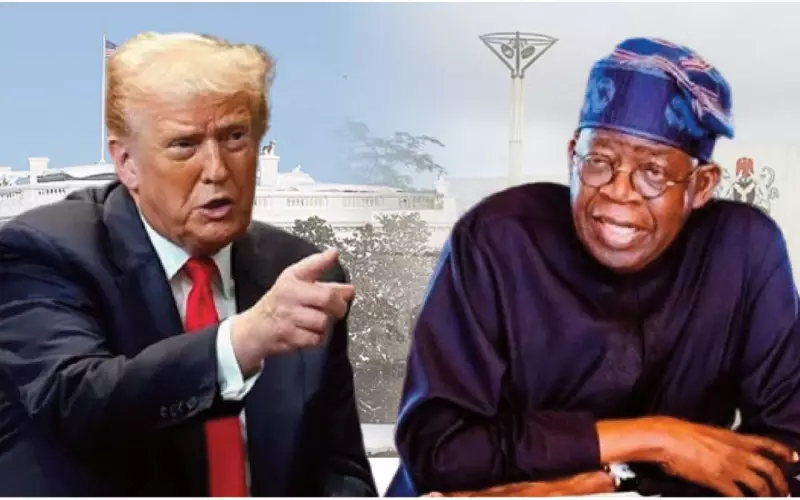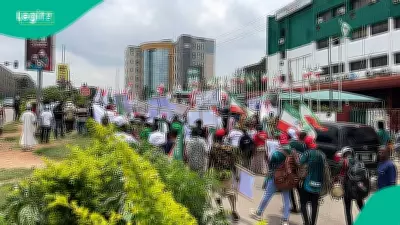
Renowned human rights advocate and Senior Advocate of Nigeria, Femi Falana, has launched a scathing critique against the United States government's strategy to expand its military footprint across Nigeria and the broader African continent.
In a powerful statement that has reverberated through political circles, Falana characterized the planned military buildup as nothing short of a "neocolonial agenda" designed to undermine the sovereignty of African nations while securing American economic and strategic interests.
Questioning America's True Motives
The legal luminary challenged the official narrative that US military expansion serves counter-terrorism purposes. "The American government has not been able to convince the Nigerian people that this military presence is about fighting terrorism," Falana asserted, pointing to what he sees as the real objective: protecting American corporate interests and controlling Africa's vast natural resources.
Falana's criticism comes amid growing concerns about foreign military influence on the continent. He specifically referenced the United States Africa Command (AFRICOM), questioning its effectiveness in addressing the very security challenges it claims to combat.
A Pattern of Failed Interventions
The human rights lawyer drew attention to what he described as a troubling pattern of American military interventions globally. "We have seen the consequences of US military presence in various regions," Falana noted, suggesting that African nations should learn from these experiences rather than repeat them.
His warning extends beyond Nigeria to all African countries considering enhanced military cooperation with the United States. Falana emphasized that such arrangements often come with hidden political and economic conditions that compromise national sovereignty.
Call for African Solutions
Instead of relying on foreign military assistance, Falana advocated for homegrown security solutions and regional cooperation among African nations. He stressed that sustainable peace and security can only be achieved through approaches that respect African sovereignty and address the root causes of conflict.
The prominent lawyer's statements have ignited fresh debate about foreign military presence in Africa, with many civil society organizations echoing his concerns about the potential consequences of expanded US military operations on the continent.





